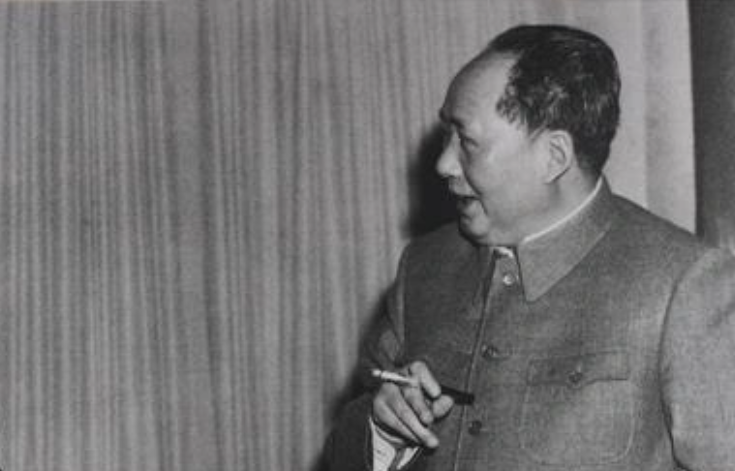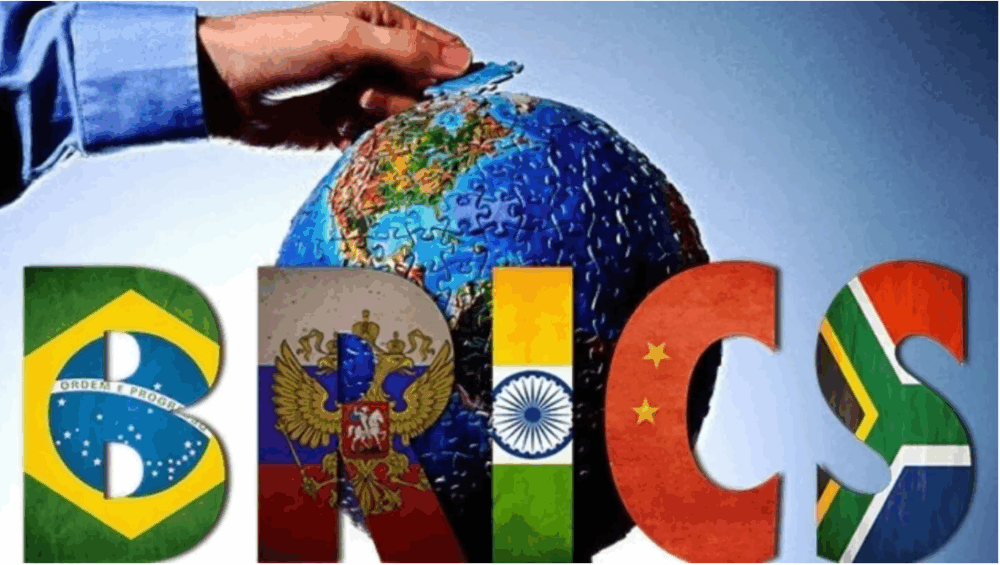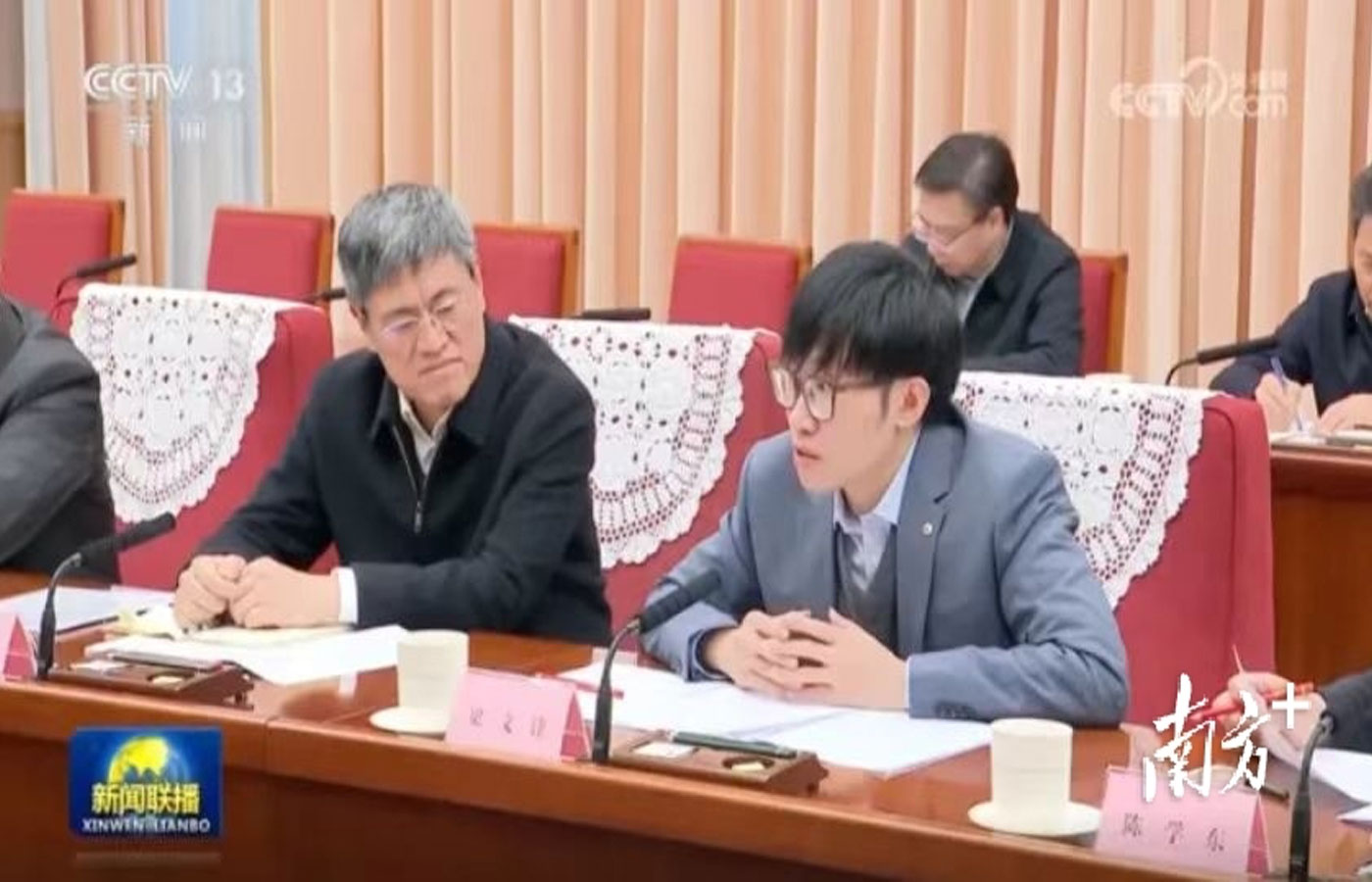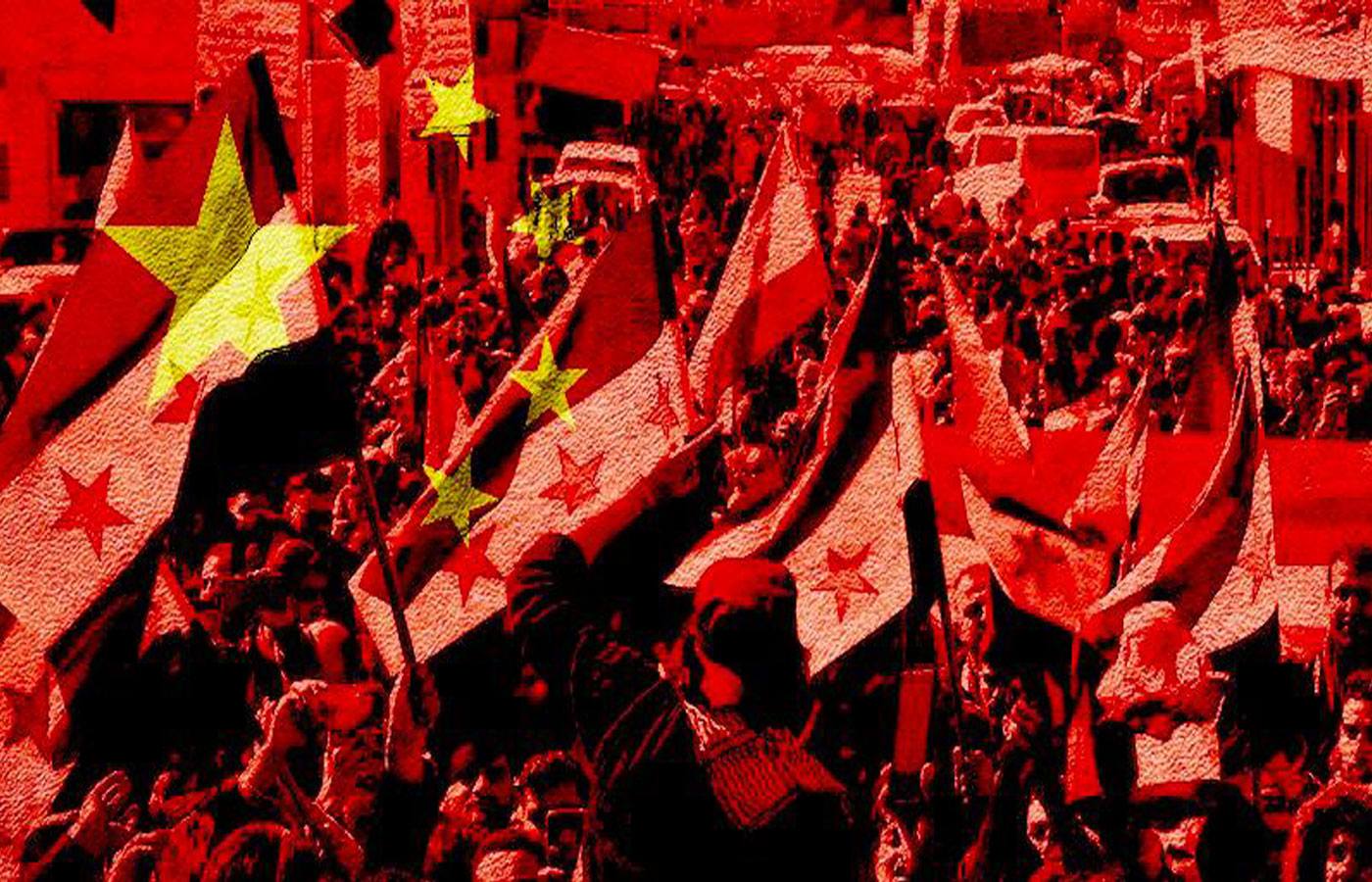After endless decades of devastating wars, invasions, destruction and plundering, the Middle East is mentally exhausted. Something China seems to have understood and taken into account in its regional approach.
The establishment and consolidation of a variety of trade, economic and political partnerships between Beijing and a number of Middle Eastern states, including Iraq, Iran, Egypt, the Gulf states, and now Syria – not to mention the China-brokered resumption of diplomatic relations between Saudi Arabia and Iran – stand out as major historic achievements paving the way for a cooperation-based Middle East, free from a decades-long weapons-based Western dominance.
As a result, whatever the dimension of the Sino-American confrontation in the months or years to come, Beijing’s diplomatic masterstroke in the Middle East imbroglio will undoubtedly mark post-colonial history. To such an extent that behind the voluntarism of China’s Middle East diplomacy lies the denouement of one of the world’s oldest conflicts, ground on which an extraordinary reservoir of hatred has flourished as a result of countless outrages, crippled lives and multi-generational traumas: the misnamed “Arab-Israeli conflict”.
Towards the end of a tragicomic farce: the US-led “Peace process”
Fruits of decades of sacrifice for some, unexpected miracle for others, Palestine emerges as the underlying theme of China’s Middle East diplomacy, sweeping aside most of the decades-long regional rivalries and making the Asian giant appear as a modern great power, whose diplomatic strike force ended up weakening the US-led anachronistic destabilization strategies and military interventions in the region.
It is worth revisiting Fidel Castro’s 1979 speech at the United Nations General Assembly to understand that, of all the international conflicts reviewed by the Cuban leader, not a single one has been resolved – or, better: all have worsened, starting with the Palestinian issue.
A quick retrospective of the so-called “Arab-Israeli conflict”, widely perceived as a colonial war on the geostrategic resource-rich Middle East, shows unequivocally that the “Peace process”, that tragicomic trickery conducted under the aegis of Israel’s Western backers, first and foremost the US, has resulted in both an exacerbation of bloody conflicts in the region and an erosion of the Palestinians’, as well as other Arabs’, right to their land.
The Abraham Accords: a setback for China’s diplomatic efforts in the region?
China maintains good economic and diplomatic relations with Israël while being aware of the international legal issues associated with the nature of the Israeli state and of the regional implications of the latter’s decades-long unbreakable bonds to the US. As such, a rapprochement between Saudi Arabia and Israel as part of the Abraham Accords – a bilateral agreement initiated by the Trump administration in a bid to establish a full normalization of ties between Israël and the Arab states – might thwart China’s diplomatic efforts between Iran and Saudi Arabia, and exacerbate West Asia’s insecurity by reinforcing the US-Israeli military presence in the region.
One thing needs to be understood. While Washington’s pivot to the Indo-Pacific is undeniable, it is incorrect to state that the US has abandoned the Middle East, if only to keep it as a containment tool against the geopolitical rivalry of China. The continuing US military operations in the region, including in Iraq, Syria, Yemen and the Persian Gulf, is a case in point, the aim being to contain the reach of China’s economic and political power. The US will thus continue to advance its pawns wherever possible in the Middle East and more broadly in West Asia, whether by causing political, economic and social turmoil, or by pushing for normalization between Israel and its traditional GCC allies, primarily Saudi Arabia, without any regard for the rights of the Palestinians and the other Arab states.
As a result, and regardless of the US’ commitment to provide Riyadh with nuclear and security facilities, will Saudi Arabia’s MBS jeopardize China’s, Iran’s and its own diplomatic efforts only in order to meet, once again, Washington’s requirements and interests? On the other hand, will China be able to guarantee its own geostrategic interests in the region under a US-backed Saudi Arabia-Israel security cooperation, or even military alliance?
Despite remaining silent, Beijing has obviously incorporated those various geopolitical parameters into its strategic vision of the Middle East. What is clear from Beijing’s regional geopolitical strategy is that China does not indulge in diplomatic exhibitionism. A silent lynchpin, China emphasizes results rather than the spectacle of – in this case, real – efforts. So, far from the philosophy of “Silence means consent”, Beijing’s silent efforts reveal the maturity of a civilization based upon hard work and bent on peace.










